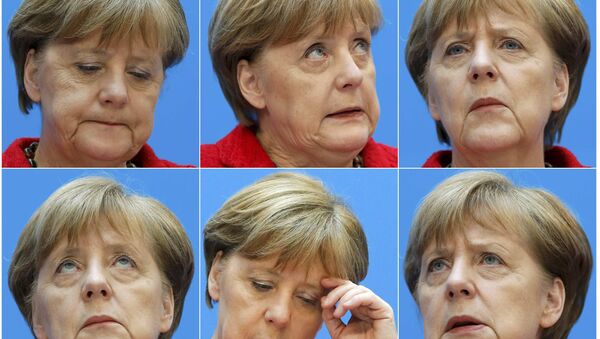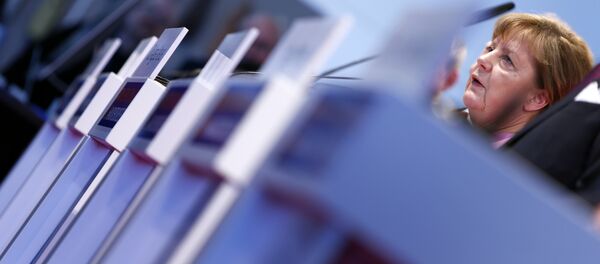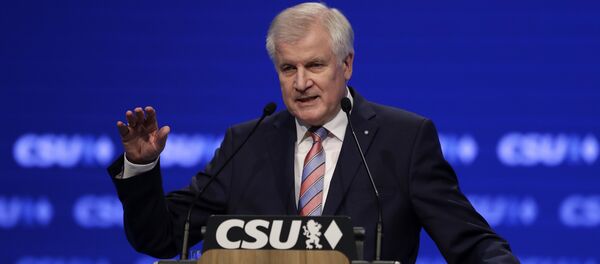She had ended 2015 on a bad note too. It was the year she famously declared Germany's doors open to refugees in a major press conference, August 31, 2015. Merkel gained huge support for her humanitarian response to the growing migrant crisis in which tens of thousands of migrants each week were risking their lives to cross the Mediterranean, the Aegean Sea or the West Balkan route to reach Europe.
She had recalled the German history of taking in refugees and the 'Fluchthelfer' (refugee helpers) who spent years assisting those trying to make it to the West by crossing the Iron Curtain. She invoked the spirit of reunification of East and West Germany in showing hear country had a big heart for those who needed refuge the most. "Wir schaffen das" — "we can do this," she said.
In the end, though, she faced opposition from many within Germany who said there were too many migrants- 1.5 million arrived in 2015 alone — and that the country could not cope with finding accommodation, healthcare, education and social welfare packages… and — the great unsaid — rising criminality among asylum seekers.
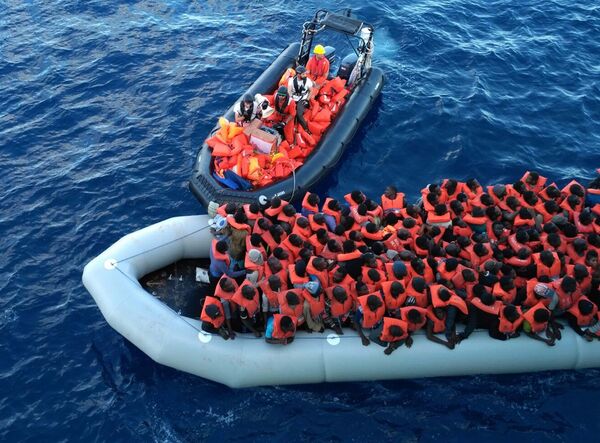
Cologne Crimes
2016 started badly. On New Year's Eve, hundreds of sexual assaults, dozens of rapes and scores of thefts were reported in a night of carnage in Cologne and similar crimes in Hamburg, Frankfurt, Dortmund, Düsseldorf, Stuttgart.
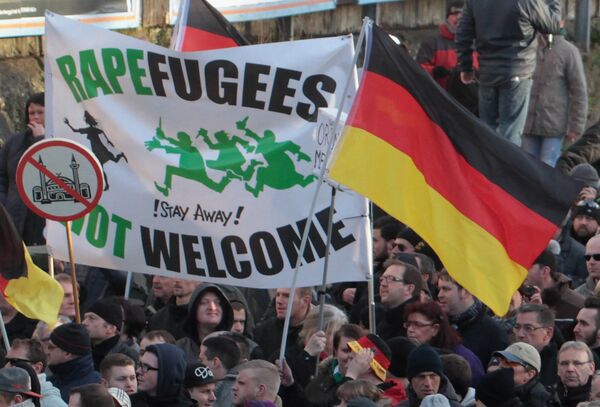
It was a defining moment for Merkel. Faced with a huge backlash in public opinion, she was under pressure to get a grip. But still she refused to put a cap on immigration. As 2016 rolled on, her political worth fell with the rise of right-wing political groups — not least the Alternative for Germany (AfD) amid rising xenophobia and islamophobia.
She suffered a huge blow in the September 2016 regional elections when her Christian Democratic Union (CDU) party was beaten into third place in her home state of Mecklenburg-Vorpommern winning only 19 percent, overtaken by the populist right-wing Alternative for Germany (AfD) party, which won 20.8 percent of the vote, coming second to her coalition partners the Social Democratic Party (SPD), which won 30.6 percent of the vote.
Merkel did not attend November's annual conference of her sister party, the Christian Social Union (CSU), a year after being given a dressing-down by its leader, Horst Seehofer, who remains a harsh critic of her migrant policy, as the southern federal state of Bavaria — the CSU powerbase — faced the worst of the migrant crisis.
Merkel's CDU has been in grand coalition with the CSU for decades — apart from a brief separation in 1976 and it has long been a tradition for the leader of the CDU to attend the annual conference of the CSU and for the CSU leader Horst Seehofer to attend hers.
Merkel looks towards 2017, hoping it will start better than 2016. She has announced that she will stand for a fourth terms as German chancellor, in the Fall elections, having seen a rise in her popularity as her grip on the migrant crisis appeared to be working as 2016 closed.
However, the atrocity in Berlin, December 19, will pile even pressure on Merkel than the Cologne attacks of New Year's Day. The primary role of a country's leader is the security and wellbeing of its citizens. If Merkel cannot guarantee that on the streets of Germany's capital, she will struggle to gain credibility at the 2017 elections.

